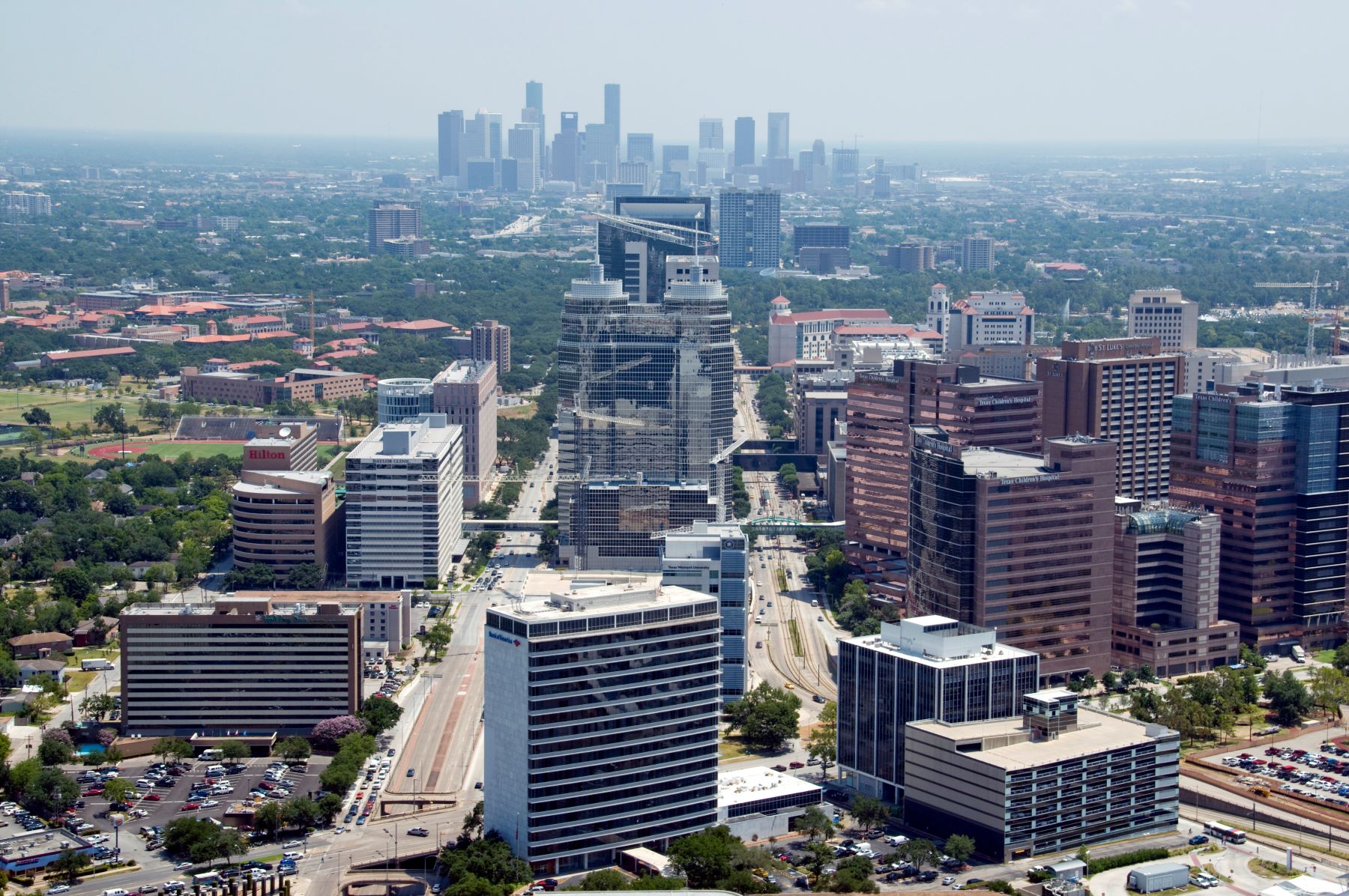Innovation-Focused Healthcare Emerging from Texas Medical Center
Published Jun 11, 2019 by Madeline Greely
Last week, nearly 20 companies from around the world presented their digital health solutions for urgent healthcare issues to a standing-room-only crowd at the Texas Medical Center Innovation Institute.
Companies that participated in TMCx Demo Day include Houston-based PreOp MD, a platform that “aims to avoid surgery cancellations and delays while decreasing escalating health care expenditures,” and Roundtrip, which “improves access to care by making it easier and cheaper for nurses and care coordinators to order rides for their patients.”
TMCx Demo Day capped off a four-month-long digital health accelerator program and is just the latest in a growing number of medical innovation events and developments in Houston.
Last month, officials overseeing TMC3, the massive collaborative healthcare and research campus, announced the updated design, as well as the team that will make the project a reality. TMC3 is slated to rise on nearly 40 acres on the south end of the existing Texas Medical Center Campus. The project brings together Baylor College of Medicine, Texas A&M University Health Science Center, The University of Texas Health Science Center at Houston (UTHealth), the University of Texas MD Anderson Cancer Center and TMC itself.
Construction will begin in the first quarter of 2020 with completion expected in 2022. Elkus Manfredi Architects, Transwestern, and Vaughn Construction will serve as the architectural and development team.
TMC CEO & President Bill McKeon said the project is part of an effort for Houston to lead the way in medical innovation. “With the combined talents of Elkus Manfredi Architects, Transwestern, and Vaughn Construction on-board, I couldn’t be more confident that this dream team will flawlessly execute the totality of the project’s vision and fulfill its mission to bring together leading researchers and top-tiered expertise from the private sector to create the number one biotechnology and bioscience innovation center in the entire world.”
Other developments in medical innovation focus on individual patient care. That includes a recent study from Baylor College of Medicine examining the effects of scalp cooling on patients undergoing chemotherapy for breast cancer. The three-year study examined the Paxman Scalp Cooling System, a “mobile refrigeration device connected to a silicone cap filed with a gel coolant that brings the scalp temperature down to 60 degrees.” Researchers say they found “about half of the women who used the Paxman system lost less than half of their hair.” This scalp cooling system is used in 180 locations across the U.S., including three in Houston.
Houston Methodist is also pursuing innovative new ways to enhance patient care. According to InnovationMap, new programs at Houston Methodist’s Center for Innovation include a 24/7 chatbot called “Mia” that answers HR questions from potential applicants, as well as an automated program that offers “reminders and monitoring questions that better connects the patients with the hospital.”
Houston has more than 1,760 life sciences companies, cutting edge hospitals, health facilities and research institutions with a workforce of more than 36,000 people in health care, biotech and related fields in the area. With the largest concentration of scientists anywhere, TMC is harnessing their collective knowledge, talent and technology to lead the next generation of medical innovation.
Learn more about what Houston has to offer in biotechnology and life sciences here.
 The Houston Report
The Houston Report



















